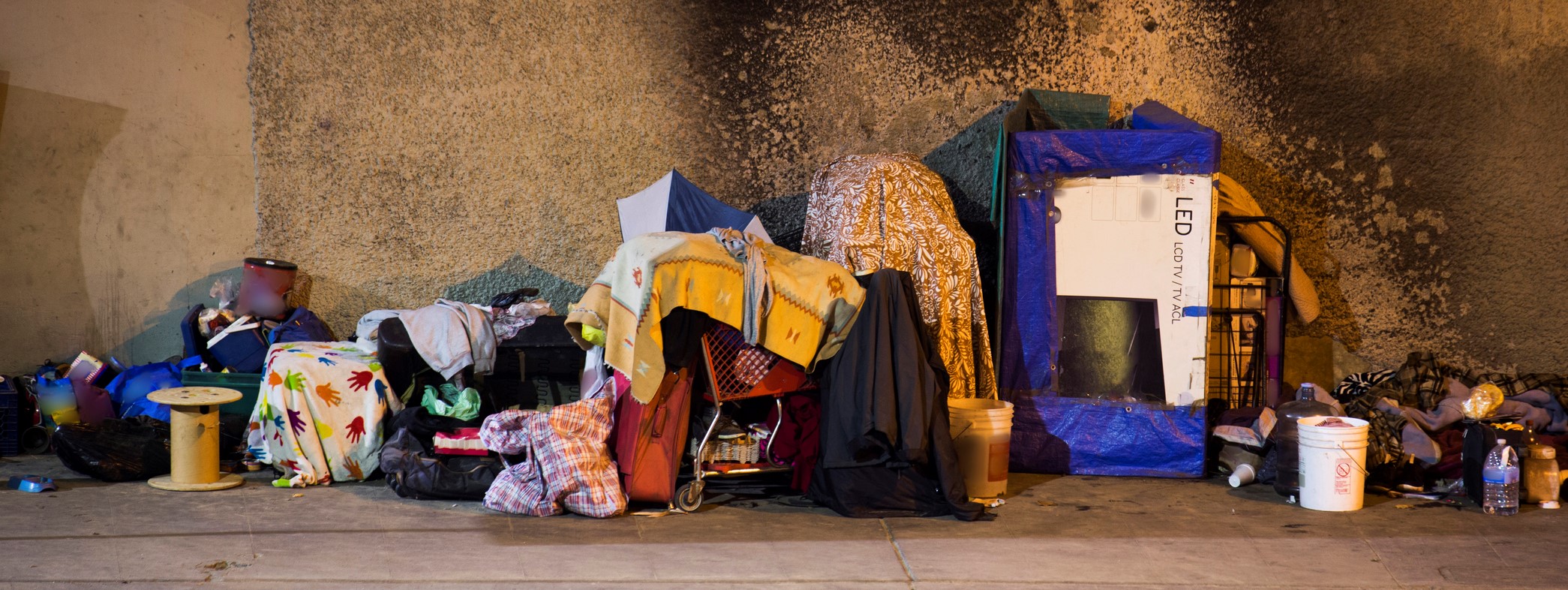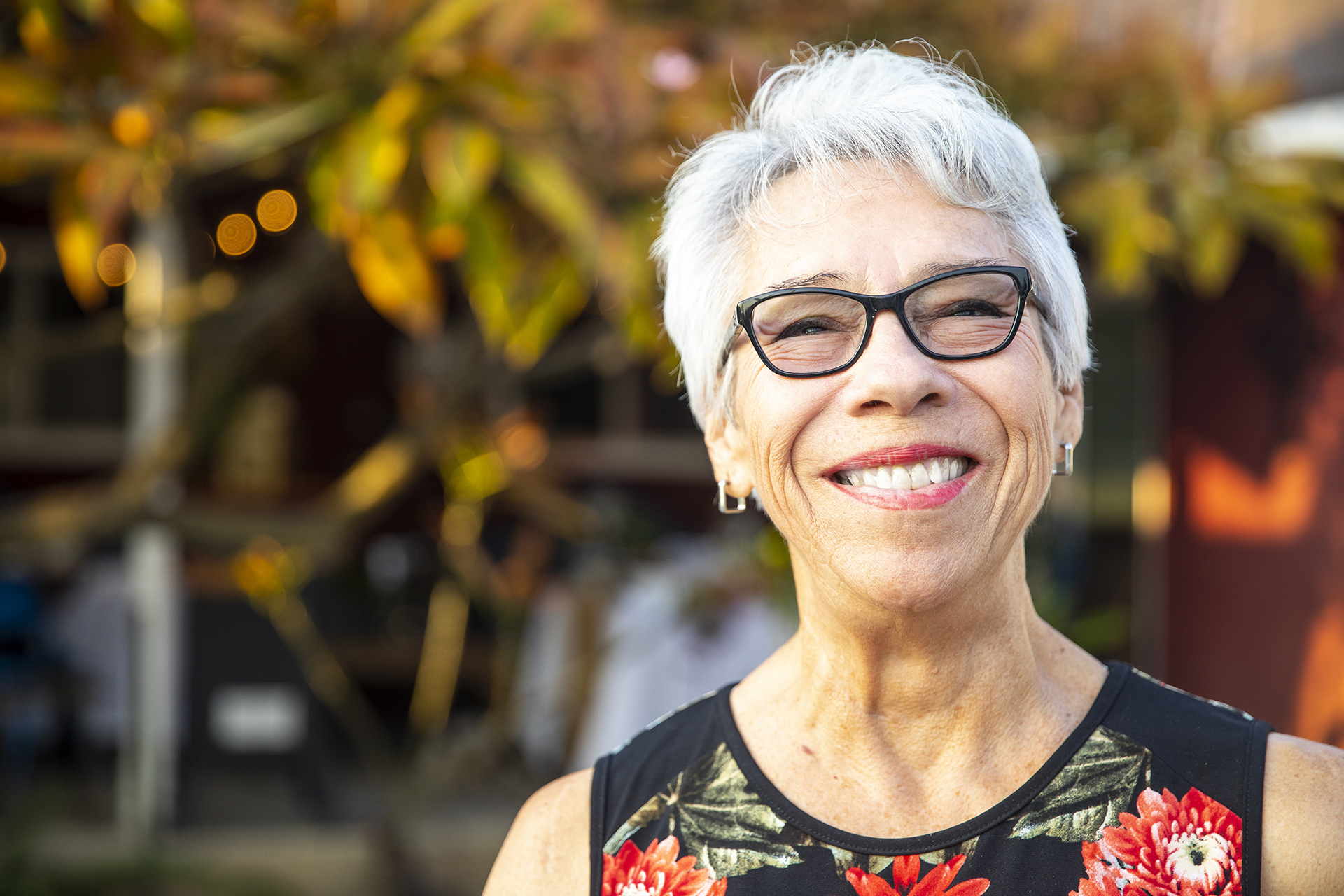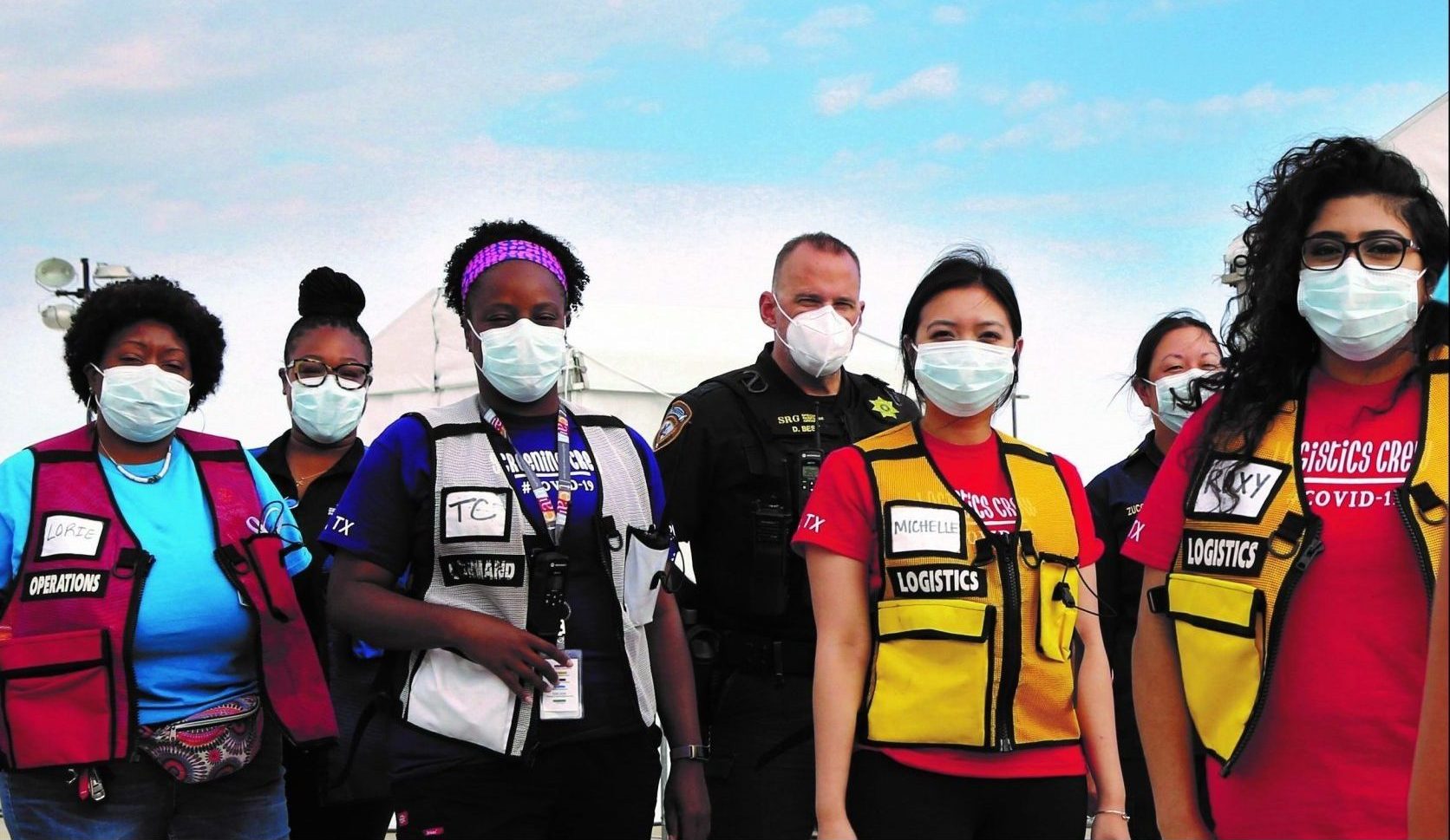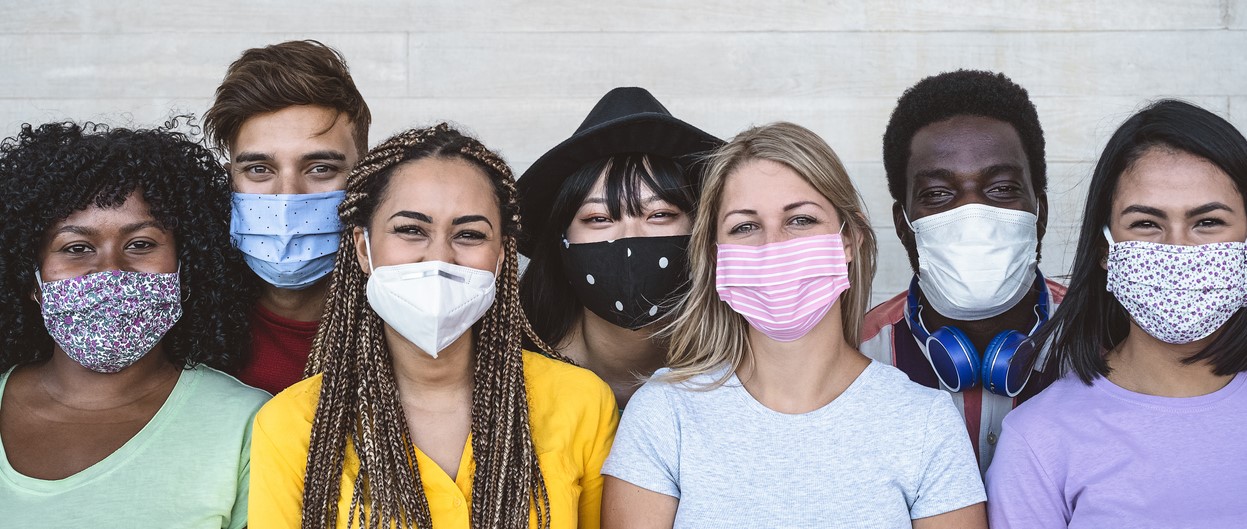Stable housing is a key social determinant of health. Yet, many Americans struggle to maintain a safe and healthy place to live. As defined by the U.S. Department of Housing and Urban Development (HUD), chronic homelessness is the state of being without housing for more than a year, or experiencing a disabling condition, including physical disability, serious mental illness, or substance use disorder making it difficult to maintain and secure housing. Nationally, in 2019, a reported 567,715 individuals experienced homelessness at some point during the year, and according to experts, the 2020-2021 COVID-19 crisis is likely to have increased homelessness.
Chronic homelessness may be caused by a number of factors including long-term existing economic and health disparities that disproportionally affect some population groups including low-income people, people of color, individuals recently released from incarceration or formerly incarcerated, and those struggling with mental health and substance use disorders among others.
A program in Illinois, Better Health through Housing (BHTH) supports the transition of currently homeless people receiving healthcare services in an emergency room to stable housing within the community. In addition, the city of Chicago, is working on an initiative to address the city’s chronic homelessness crisis. A 2020 survey, City of Chicago 2020 Homeless Point-in-Time Count & Survey Report, measured the number of individuals who experienced homelessness within the city on a single night. The survey found a total of 5,390 people living on the streets or in shelters, which represents a 2 percent increase over the 2019 data.
According to Lisa Morrison Butler, the Commissioner of the Department of Family and Support Services for the city of Chicago, “[t]here are 106,000 Chicagoans who are both housing insecure, rent insecure specifically, and also work in occupations that were really heavily impacted by the first wave of COVID.”
People who are chonically homeless die younger than people with stable housing. Additionally, an individual that experiences a lack of housing stability incurs healthcare costs that are 2.5 to 160 times that of the average patient in Chicago. Data shows that emergency rooms (ER) are flooded with individuals experiencing homelessness seeking treatment. It is not uncommon for people without housing to suffer from congestive heart failure, kidney disease, mental illness, and substance abuse.
To address this problem, in November 2015, the University of Illinois Hospital & Health Sciences System and the Center for Housing and Health, launched the Better Health Through Housing (BHTH) initiative to reduce healthcare costs and provide stability for the chronically homeless by moving individuals directly from the hospital ER into stable, supportive housing while also offering intensive care management services based on the Housing First Strategy. The program is designed for adult individuals expericing homelessness who are frequent users of crisis services. It uses a network of apartments and privately owned buildings to provide housing for program participants. If the prospective tenant is employed or receives disability income, the tenant contributes 30% of their income toward the housing cost. If there is no source of income, the individual does not pay rent until income is secured. “The program has housed over 80 homeless patients, the most of any hospital in the U.S. It has seen significant drops in ED utlization (-41%), inpatient admissions (-52%) and significant mortality (-38.5% over 5 years)” said Stephen Brown, Director of Preventative Emergency Medicine at the University of Illinois Hospital and Health Sciences System.
The orgins of the BHTH program are rooted in a HUD subsidy that was awarded to the Center for Housing and Health and has since grown into the Flexible Housing Pool (FHP). The housing pool combines grants and investments from private and philanthropic organizations to provide sustainable housing for those experiencing chronic homelessness. Contributors to BHTH program’s flexible funding pool include University of Illinois Hospital & Health Sciences System, Cook County Health, Blue Cross Blue Shield, and the City of Chicago among many other organizations. Approximately $13.4 million of program funding has been allocated for use over the next three years to expand support services and to secure current and additional housing for program participants.
In addition, the program has expanded to providing secure housing for young adults ages 18 to 24 years of age who have experienced housing insecurity.
The program identifies qualifying individuals who received emergency room services from the University of Illinois Hospital & Health Sciences System and Cook County Health System. Once an individual is identified as a candidate and agrees to the terms of the program, the Center for Housing and Health locates housing for the individual. Once housing is secured, a team of caseworkers connect the individual to needed resources, including healthcare services to facilitate a successful transition. In addition, housing case managers work with program participants to secure appropriate benefits and employment options. Since implementation of the program, in addition to directly addressing the issue of homelessness, use of the emergency rooms has decreased by 67% among program participants. “The reductions of repeat visits and reducing cost are their primary measure of success. In addition, biomarkers such as managing hemoglobin A1c in diabetics, blood pressure, and hypertentions are also being observed to measure the success of securing stable housing for these individuals,” said Brown.
Moreover, despite disruptions from COVID-19, the program continues to provide suitable housing solutions for Chicagoans. Brown stated “the pandemic resulted in the creation of Chicago Homelessness and Health Response Group for Equity (CHHRGE) that has acted in a city-wide-collaborative fashion. The 100+ member coalition includes multiple hospitals, FQHCs, city officials, shelters, housing advocates, and others working to expand services and to advocate for polices to help individuals experiencing homelessness. More than 1,300 units have been made available to homeless individuals. Now, we have been able to provide health care to most of the cities shelters,” said. Dr. Brown. “Through housing, health care, and case management we can improve the health of individuals and comummunities while at the same time reduce cost.”
For more information on the Better Health through Housing Program, please visit here.





